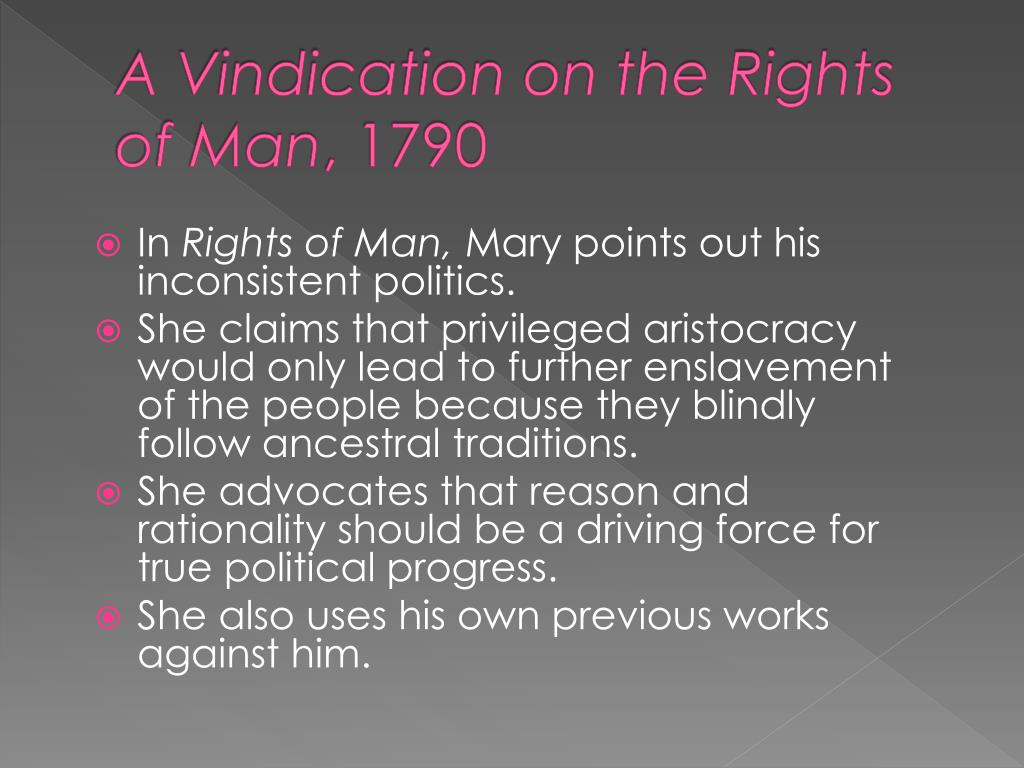
On either bank of the political gulf created by the French Revolution stood Burke and Paine, defying each other like « intellectual boxers » 6. Recent historiographical studies do confirm that the debate around the French Revolution was « probably the most crucial ideological debate ever to be held in English » 5, « an unprecedented ideological war » whereby « the polarization of public opinion » was increased by « the ideological struggle that crystallized around the pamphlet war between Edmund Burke and Thomas Paine.

Philli (.)Ģ While it might be somewhat excessive to claim, as Chesterton did, that the French Revolution was « the most important event in English history » 3, it is nevertheless true that this « cosmopolitic » event, as Jacques Mallet du Pan was to define it in 1793, had far reaching consequences on eighteenth-century England, so much so that it « ceased to belong to French people only » 4. 90 75 Davies borrows the phrase « intellectual boxers from N.C. 5 Thomas Wellsted Copeland, Our Eminent Friend Edmund Burke Six Essays, New Haven, Yale UP, 1949, p (.).Unless otherwise indicated, all translations from the French are min (.) Chesterton, The Victorian Age in Literature, New York, Henry Holt, 1913, p. However, because she was unknown, Wollstonecraft’s stance was boldly innovative and makes her a very interesting witness to the major historical event of her days. Indeed, Catherine Macaulay (1733-1791) was then the first Englishwoman to ever write a major historical work : her History of England from the Accession of James I to the Elevation of the House of Hanover was published in eight volumes between 17. Similarly, « Dame Thucidydes », as one of Catherine Macaulay’s admirers nicknamed her when he had a statue erected in her name 2, would seem more appropriate than the fairly obscure author of educational treatises that Wollstonecraft was at the time. This text may at first appear as a less obvious choice than An Historical and Moral View of the Origin and Progress of the French Revolution and the Effect it has Produced in Europe (1794) for the critic desirous to analyse Wollstonecraft as a historian, but I believe it is a far better option if one’s interest lies in her writing of history 1. Such might have been Mary Wollstonecraft’s motto when composing A Vindication of the Rights of Men, in a Letter to the Right Honorable Edmund Burke (1790). 2 See Michael Davis, « Le radicalisme anglais et la révolution française », Annales historiques de la (.)ġ The writing of History shall be agonistic or it will not be.



 0 kommentar(er)
0 kommentar(er)
